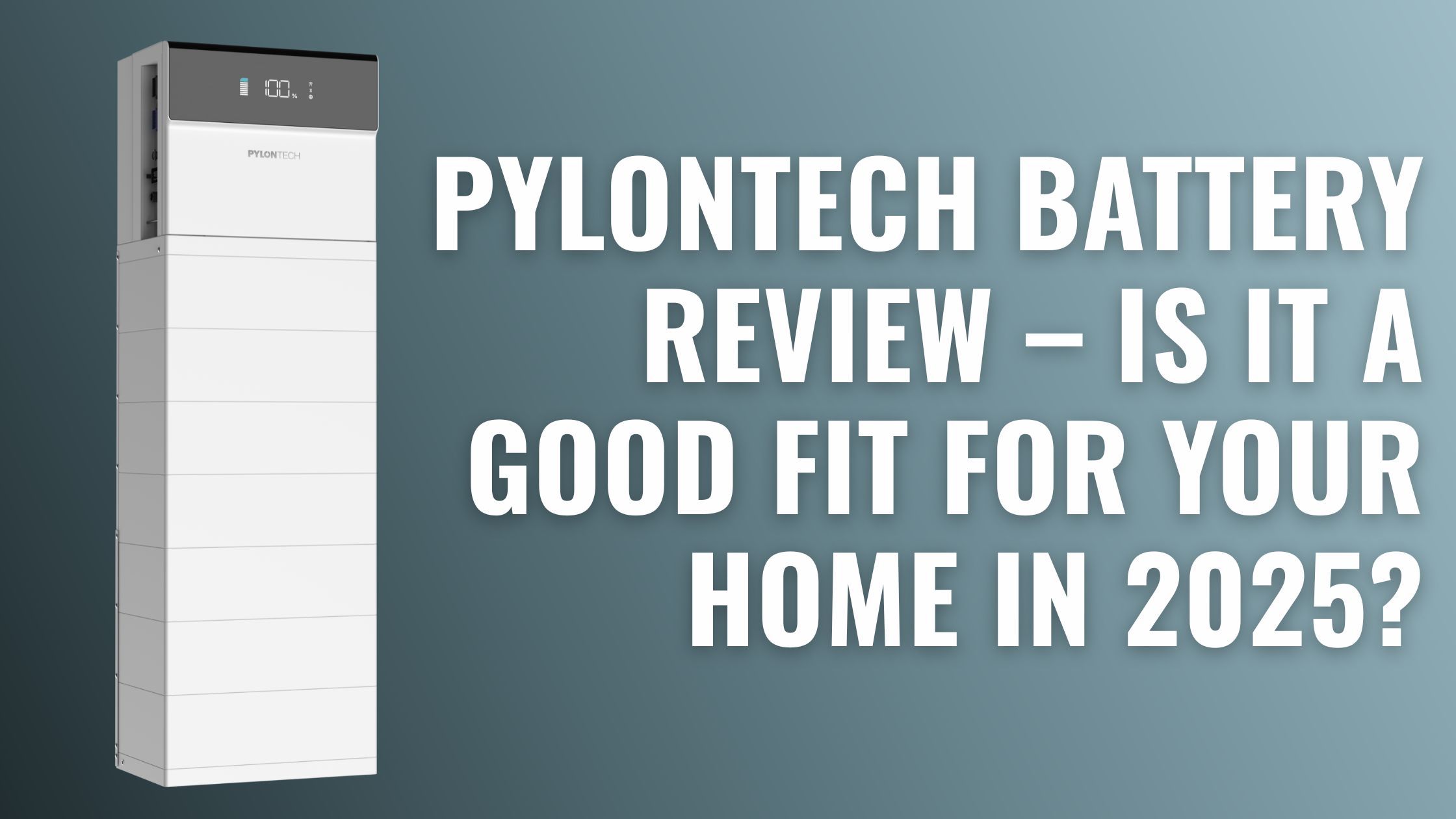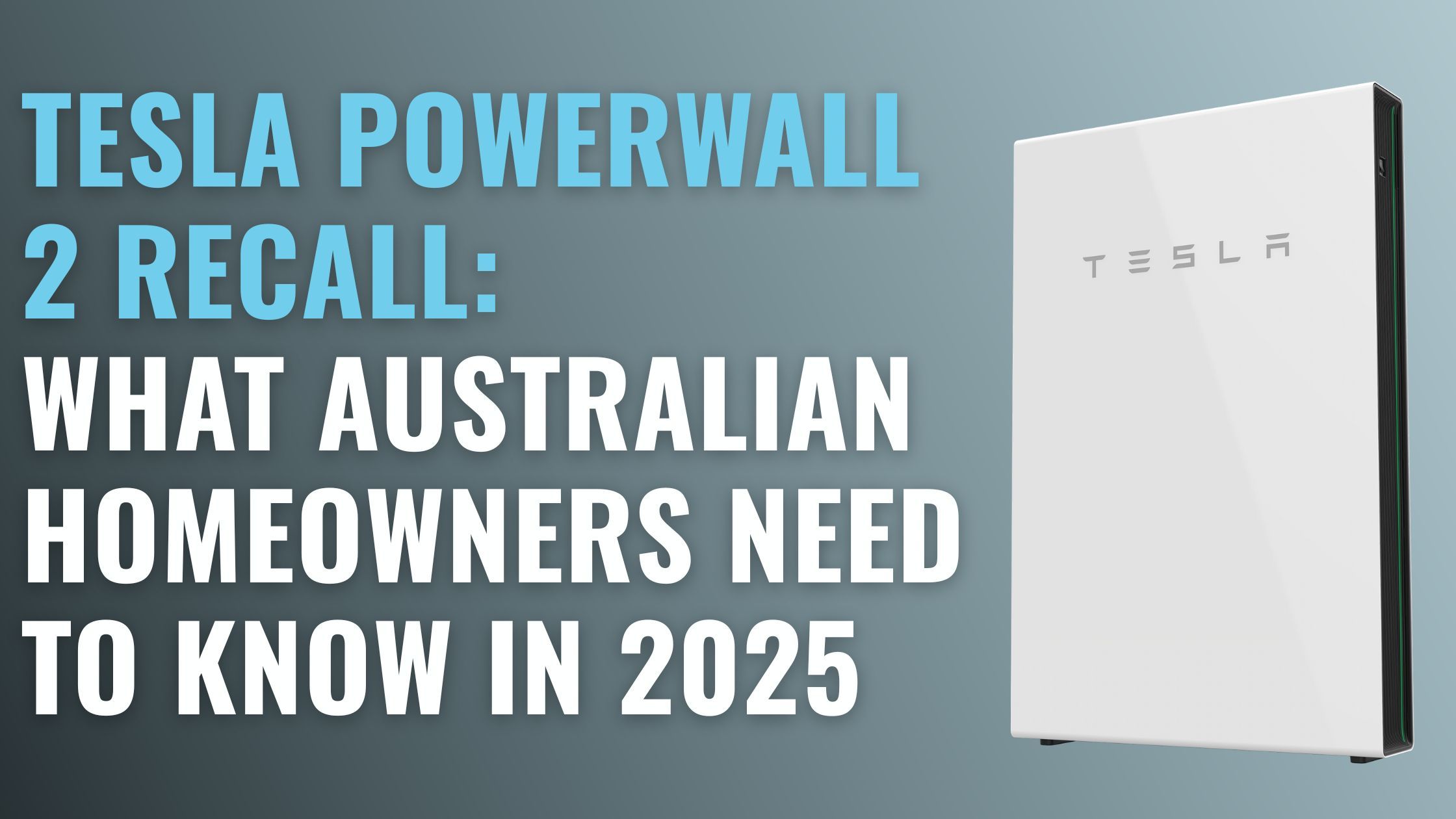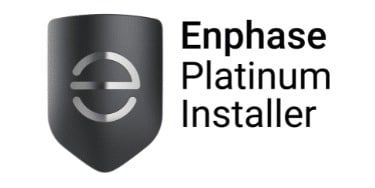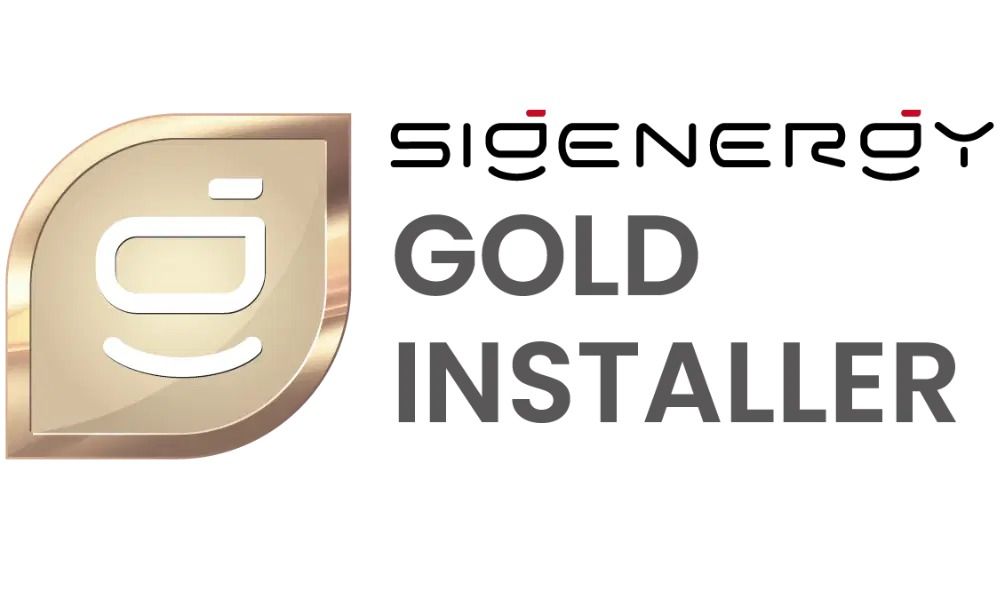
Written by Donna Wentworth
Last Updated: August 12, 2025
Sigenergy Sigen AC EV Charger Review: Features, Costs, Pros and Cons
Choosing the right home EV charger is as important as choosing the car itself. With so many options promising speed, smart features, and solar integration, it can be hard to tell which ones genuinely deliver.
The Sigenergy Sigen AC EV Charger is designed for both standard home charging and full integration with Sigenergy’s SigenStor solar and battery system. In this review, you’ll get a clear breakdown of what it does, how it performs, how much it costs, and when it makes sense to choose it over other chargers.
What is the Sigenergy Sigen AC EV Charger?
The Sigenergy Sigen AC EV Charger is a home and workplace charging solution designed for Australian electric vehicle owners. It’s available in three power levels:
- 7.0 kW – best suited for single-phase homes and overnight charging
- 11.0 kW – three-phase, faster turnaround for compatible EVs
- 22.0 kW – three-phase, the fastest option for home or small business use
All models use the Type 2 connector standard, which is the default for Australian EVs, meaning it’s compatible with the vast majority of vehicles on the market. You can choose between a socket with a shutter (extra safety) or a tethered cable version for convenience.
The “AC” refers to “Alternating Current”, which is the standard voltage that your home runs off already. Why it’s mentioned is because they have an alternative “DC” charger which refers to “Direct Current” which you get straight from your solar and battery system before it converts to the AC power in your home. There are certain benefits to this.
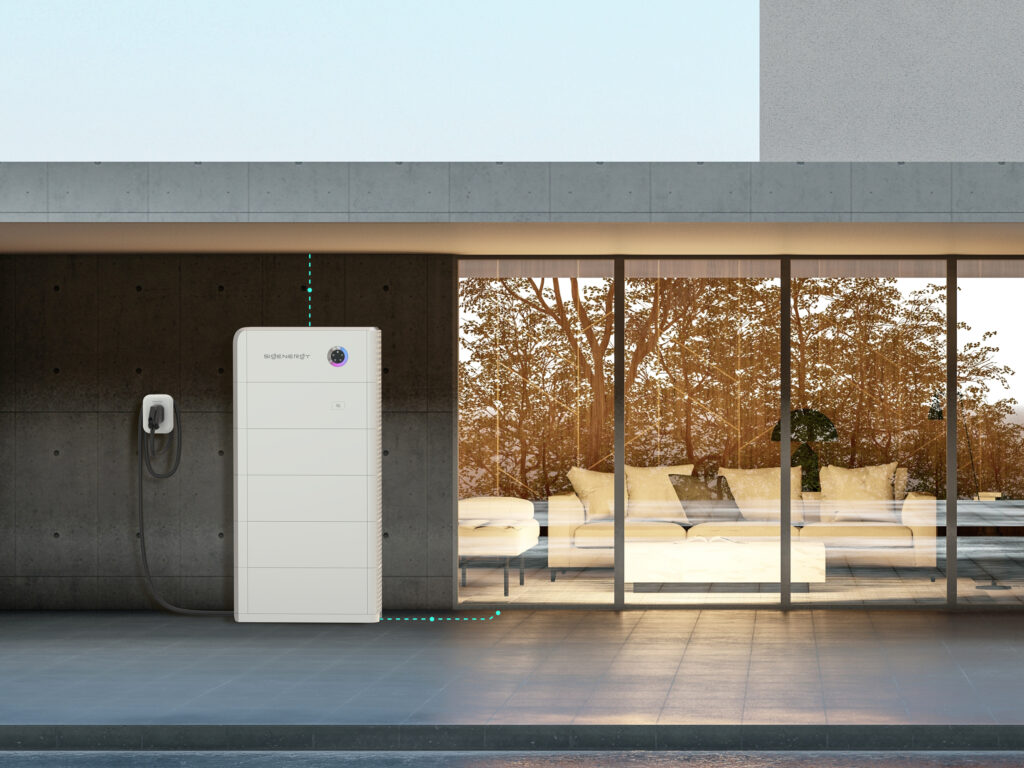
What makes the Sigen AC EV Charger different from a generic wall unit is its ability to work as a stand-alone charger or as part of the Sigenergy ecosystem. If you have a Sigenergy SigenStor battery and solar setup, the charger can:
- Use surplus solar power to charge your EV, reducing grid reliance
- Schedule charging based on time-of-use tariffs or your own preferences
- Coordinate charging with your home battery so you’re using stored renewable energy rather than peak-rate grid electricity
It’s also designed for both indoor and outdoor installation. With an IP65 weather rating and IK10 impact resistance, it can handle Australia’s climate — from heavy rain to blazing summer sun — while being robust enough for garage or driveway mounting. See more in our recent article here.
In short, the Sigen AC EV Charger is pitched as a flexible, future-ready EV charger that suits both new EV owners looking for a reliable home solution and existing solar/battery households wanting to make the most of their renewable energy.
How Does It Work?
The Sigen AC EV Charger can operate as a stand-alone unit or integrate with the SigenStor battery and solar system for smarter energy use.
Charging modes
- PV Surplus Charging – Uses excess solar generation to charge your EV.
- Fast Charging – Combines solar and grid power for maximum speed.
- Battery Boost Charging – Draws from stored energy in a SigenStor battery, even at night.
Smart energy management
When paired with the Sigen Power Sensor, the charger can:
- Avoid overloading your home’s electrical supply.
- Schedule charging to off-peak times or low tariff periods.
- Prioritise renewable energy use.
Key Features and Technical Specs
Power levels: 7.0 kW (single-phase), 11.0 kW (three-phase), 22.0 kW (three-phase)
Connector: Type 2 (socket with shutter or tethered cable)
Connectivity: Wi-Fi, 4G, Ethernet; RFID card access; OCPP 1.6J support
Protection: Over/under voltage, overload, over-temperature, surge, and DC fault detection (6 mA)
Dimensions & weight: 234 × 384 × 126 mm; 4.5 kg (7/11 kW) or 6.4 kg (22 kW)
Cable length: 5 m standard
Operating temp: -30°C to 55°C
Physical Specs:
- Dimensions: 234 mm (W) × 384 mm (H) × 126 mm (D)
- Weight: 4.5 kg (7/11 kW) or 6.4 kg (22 kW)
- Operating temperature: -30°C to 55°C
- Standard cable length: 5 m
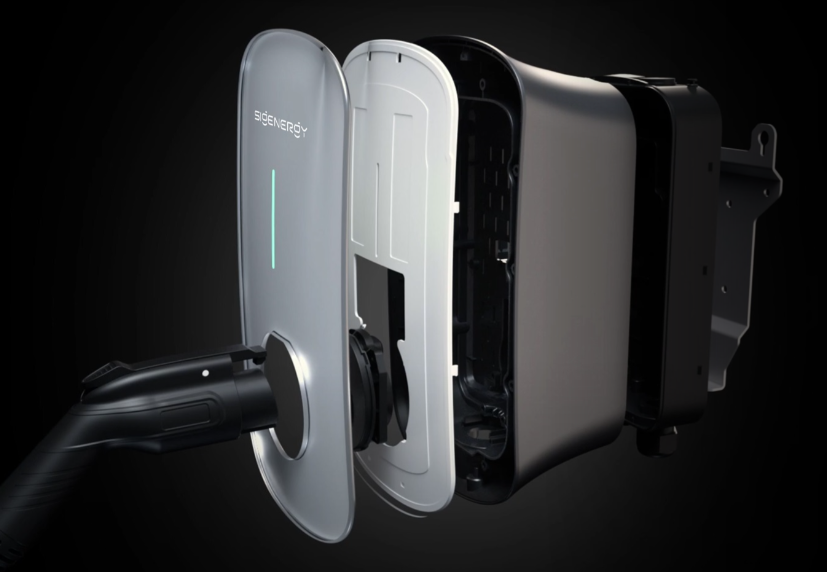
In short, this charger combines solid build quality, flexible power options, and smart energy management tools, making it well-suited for EV owners who want more than just a basic plug-in unit.
How Much Does It Cost?
The cost of a Sigenergy Sigen AC EV Charger comes in two parts — the charger unit itself and the installation.
Charger-only pricing
- Sigenergy 7.0 kW EV AC Charger – $1,248.50
- Sigenergy 11.0 kW EV AC Charger – $1,348.87
- Sigenergy 22.0 kW EV AC Charger – $1,497.37
Prices above are for the charger only and do not include installation or accessories.
Installation costs
Installation costs can vary widely depending on your home’s electrical setup and where you want the charger installed. Here are the main factors that affect price:
- Single-phase vs three-phase
- Three-phase installations require more expensive cabling and protection devices (2–3× the cost of single-phase in some cases).
- Three-phase installations require more expensive cabling and protection devices (2–3× the cost of single-phase in some cases).
- Distance from the switchboard
- Back-to-back installation (charger on the other side of the wall from the switchboard) is quicker and cheaper.
- If the charger is far from the switchboard (e.g., garage on the opposite side of the house), you’ll need a longer cable run, which adds labour and material costs.
- Back-to-back installation (charger on the other side of the wall from the switchboard) is quicker and cheaper.
- Cable size and voltage drop
- Longer cable runs require larger cable sizes to prevent voltage drop, which increases cost.
- Longer cable runs require larger cable sizes to prevent voltage drop, which increases cost.
- Additional safety devices
- Installations typically require isolators and RCBO safety protection devices. These are not included with the charger and will add to the cost.
The bottom line
While the Sigen AC EV Charger unit price is competitive, the total cost will depend heavily on your home’s wiring and installation complexity. In some cases, the installation can cost as much — or more — than the charger itself. That’s why it’s worth getting a site-specific quote before you buy.
Pros and Cons
Like any EV charger, the Sigenergy Sigen AC EV Charger has strengths and trade-offs. Understanding both helps you decide if it’s the right fit for your setup.
Pros
- Flexible power options – Available in 7 kW, 11 kW, and 22 kW models to suit both single-phase and three-phase homes.
- Solar and battery integration – Works seamlessly with SigenStor to prioritise renewable energy use.
- Smart charging modes – PV Surplus, Fast Charging, and Battery Boost options for different needs.
- Dynamic load management* – Protects your home’s electrical system by adjusting charge rate based on other usage.
- Weatherproof and durable – IP65 and IK10 ratings make it suitable for indoor or outdoor installation.
- Multiple connectivity options – Wi-Fi, 4G, and Ethernet, plus RFID card support.
- OCPP compatibility – Can connect to third-party EV charging networks for more flexibility.
Dynamic load management requires the optional Sigen Power Sensor.
Cons
- Best features require other Sigenergy products – To unlock full PV surplus and battery boost capabilities, you’ll need a SigenStor system and/or Power Sensor.
- Limited benefit of higher kW chargers if your EV can’t use it – Many EVs in Australia have onboard chargers limited to 7 kW or 11 kW.
- Not a DC fast charger – This is an AC unit, so it won’t give you the rapid charging speeds you see at public charging stations.
Verdict on balance
For households with solar and a SigenStor battery, this charger offers excellent integration and smart features. For stand-alone installs, it’s still a solid, durable, and future-ready AC charger — but some of its “headline” benefits won’t be fully utilised without the broader Sigenergy ecosystem.
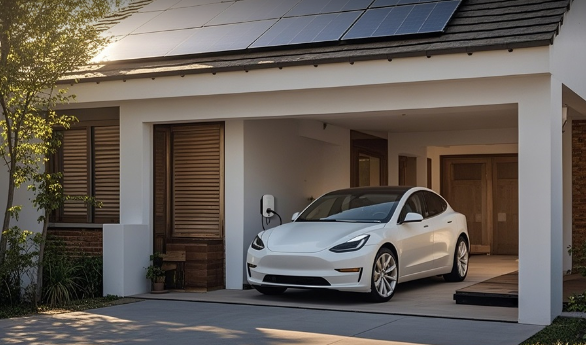
Is It the Right Choice for You?
The Sigenergy Sigen AC EV Charger isn’t a one-size-fits-all product — it’s a strong option for certain homeowners and less of a priority for others. Here’s how to decide.
Best fit scenarios
You’ll get the most out of this charger if you:
- Already have (or plan to install) a SigenStor battery – This unlocks PV Surplus, Battery Boost, and advanced load management features.
- Own rooftop solar – Lets you charge directly from excess solar generation, reducing reliance on grid electricity.
- Have three-phase power and a compatible EV – Makes full use of the faster 11 kW or 22 kW charging speeds.
- Want a durable, weatherproof charger – The IP65/IK10 ratings make it ideal for outdoor mounting in all Australian climates.
- Value smart charging controls – Scheduling, tariff-based charging, and app control help optimise energy costs.
When to consider other options
You may want to look at alternatives if you:
- Don’t have solar or a battery and won’t be adding them soon — you’ll be paying for features you won’t use.
- Have an EV with a 7 kW onboard charger but no plans for a three-phase upgrade — a lower-cost 7 kW unit may suffice.
- Need ultra-fast charging at home — you’d be looking at a DC charger, which is a different category altogether.
- Don’t already have and are not planning to have a sigenergy inverter / battery eco system/ You could just use any specific charger which could be more affordable.
The middle ground
If you’re planning to expand your home energy setup in the next few years, the Sigen AC EV Charger could still be a good “future-proof” choice. You can use it now as a standard charger, then add solar, battery storage, or three-phase power later to unlock its full potential.
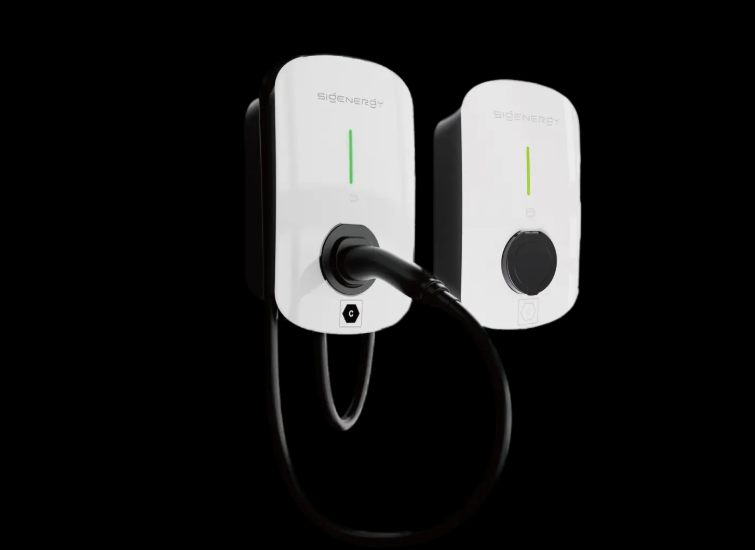
Final Thoughts
The Sigenergy Sigen AC EV Charger is more than a basic wall plug for your electric vehicle — it’s a smart, solar-ready charging solution built for Australian conditions. With three power levels, robust weather and impact protection, and seamless integration with the SigenStor battery, it’s well suited to homeowners who want to maximise their use of renewable energy.
Where it really shines is in solar and battery-equipped homes. In this setup, you can charge directly from surplus PV, tap into stored energy at night, and schedule charging to avoid peak tariffs — all through a single app. If you already have a SigenStor, it’s a natural pairing.
However, if you don’t have solar or battery storage, the extra smart features may go unused, and a simpler (and cheaper) charger could meet your needs just as well. Likewise, if your EV’s onboard charger is limited to 7 kW, the faster models won’t offer a speed boost — though they might still be worth it if you plan to upgrade your car or wiring in the future.
Bottom line: The Sigen AC EV Charger is a high-quality, future-proof option that makes the most sense for solar and battery owners, or those planning to expand their home energy system. For the right household, it’s not just a charger — it’s part of a smarter, greener way to power your driving.

